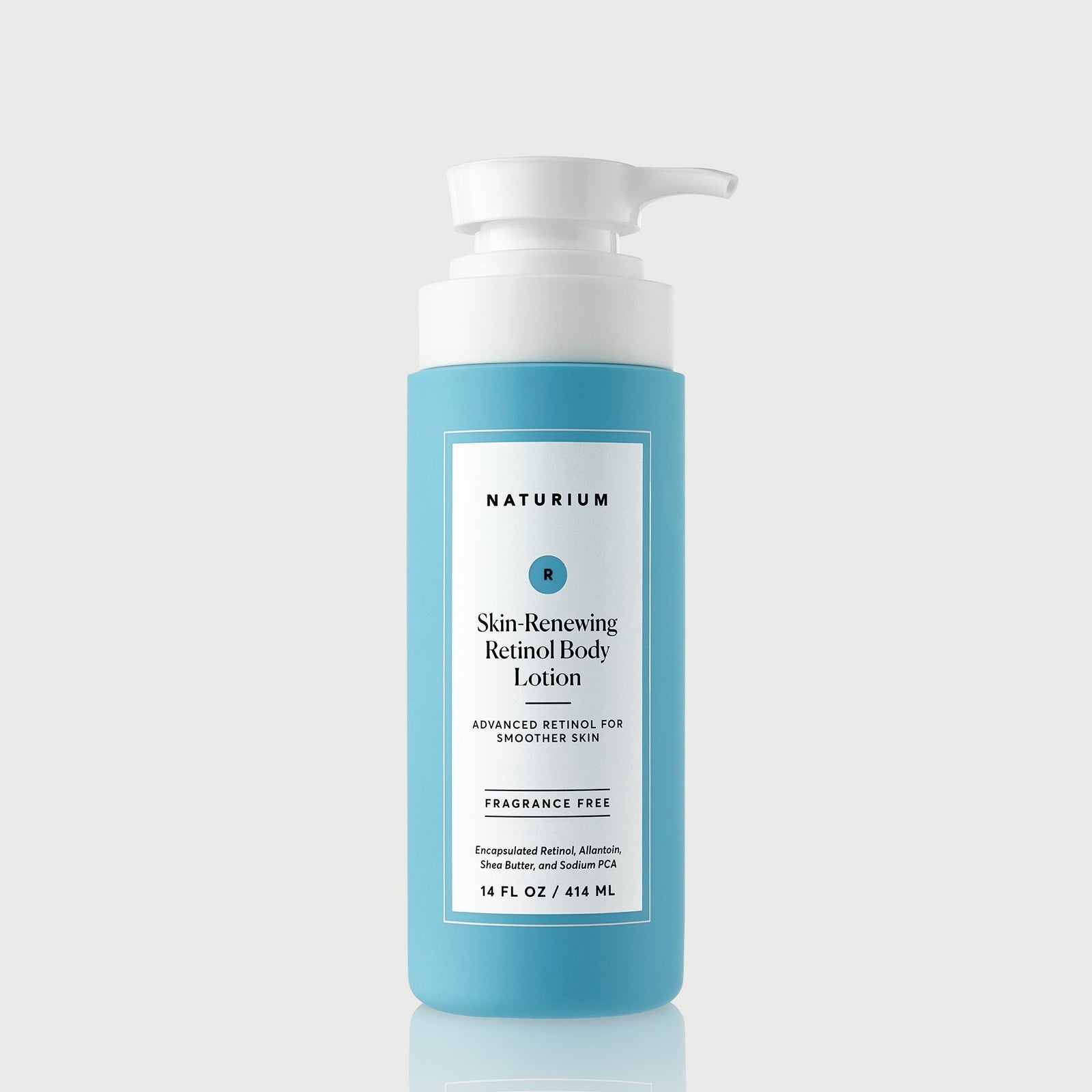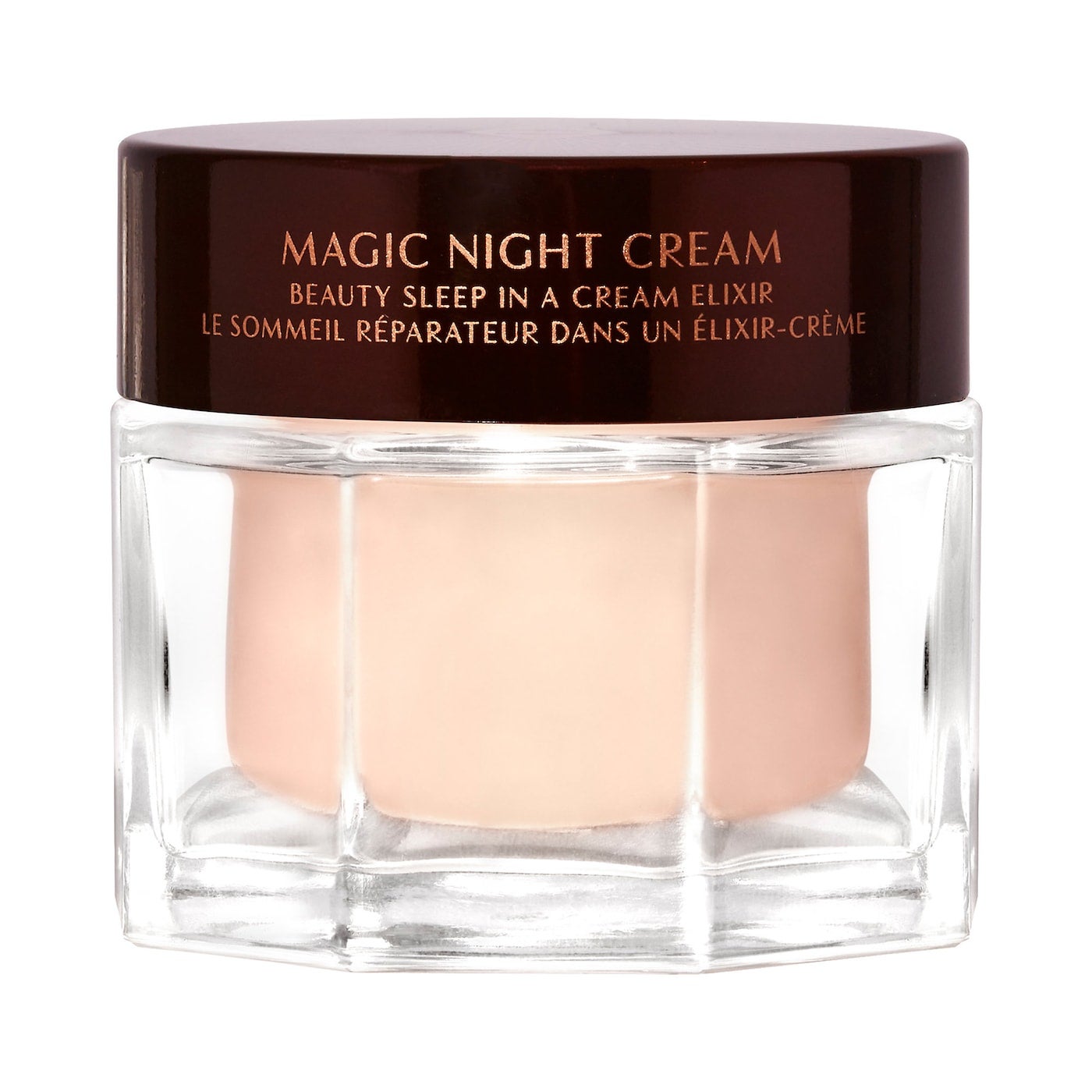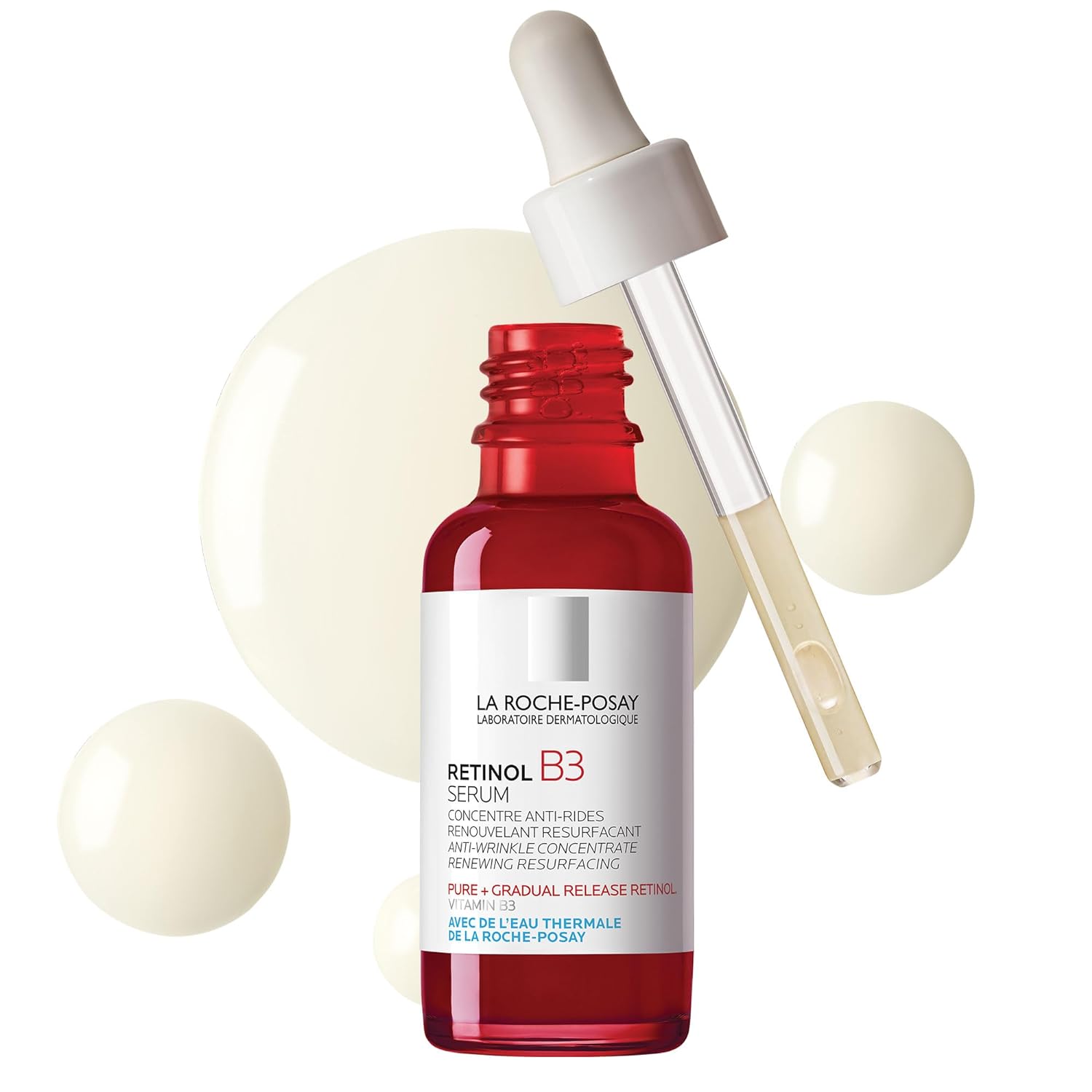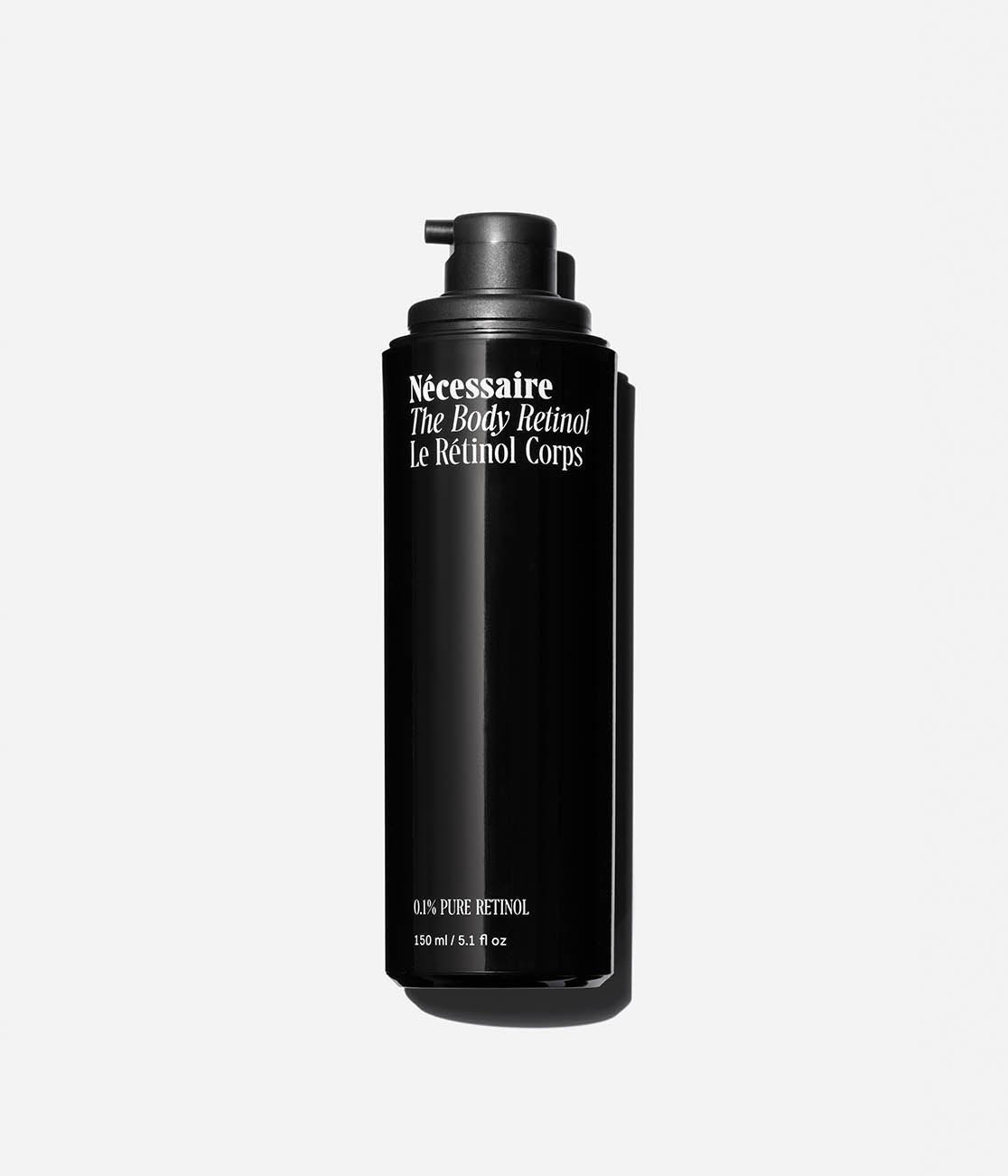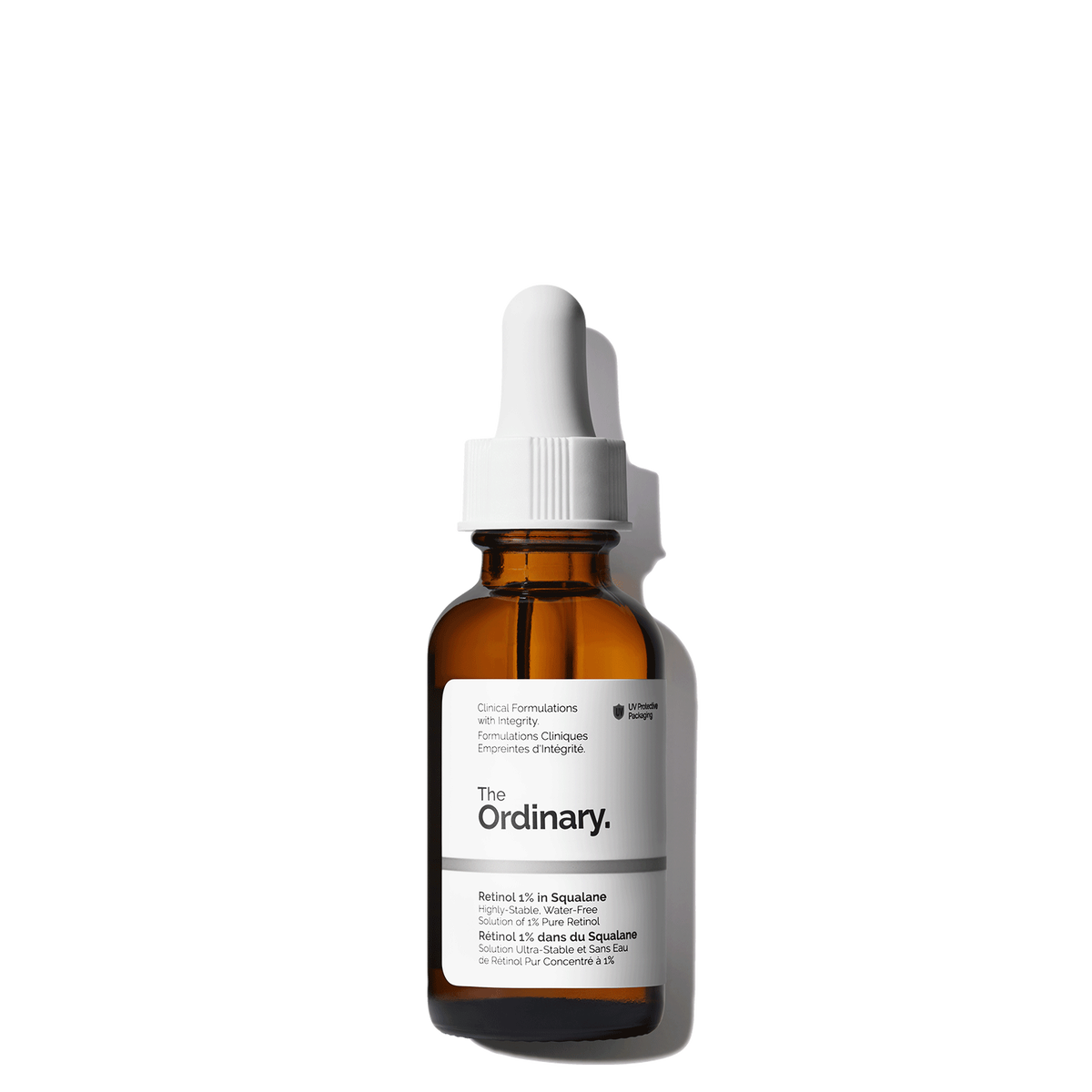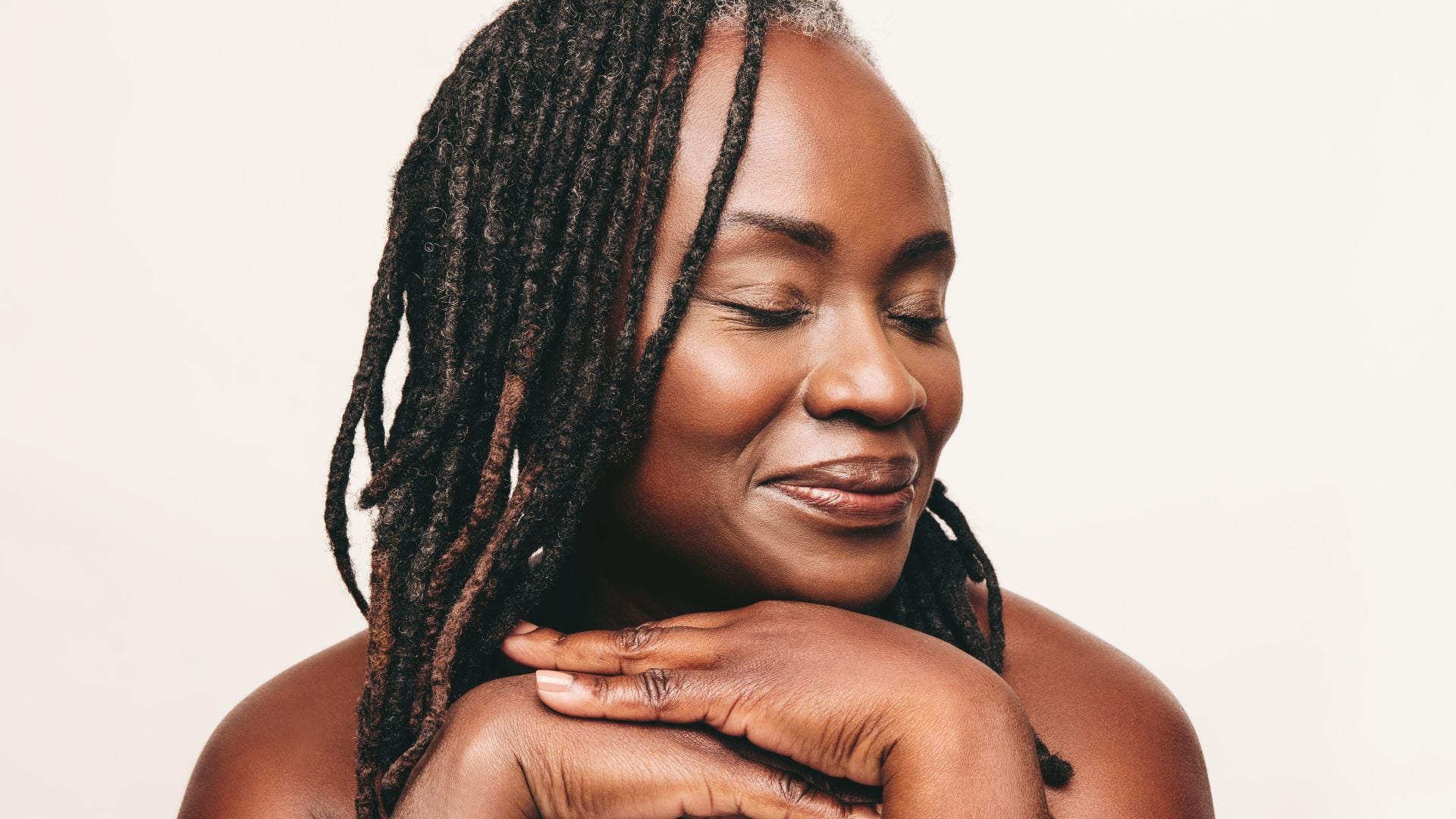
It’s normal that our skin will undergo changes that can lead to visible signs of aging. Although there are numerous time reversing skincare products available on the market, it is crucial to find a product that contains an essential ingredient: retinol.
When it comes to our skin, everyone has enzymes, according to Jan Marini, founder & chairman of the Board at Jan Marini Skin Research, Inc. Marini further explains that our skin has receptor sites like alpha, beta, gamma to recognize and connect with a retinoic acid. Retinol, a form of vitamin A, can stimulate tremendous amounts of collagen production that can reduce the appearance of pores and wrinkles. “The right retinol product can also be a gold standard for managing acne, discoloration and even rosacea.”
Below, exports share everything you need to know about retinol as well as the best ones to try.
What is retinol?
“Retinol is an over-the-counter form of vitamin A that is used for its anti-aging and skin-renewing benefits,” Dr. Jeannette Graf, Board-Certified Dermatologist with IMAGE Skincare, tells ESSENCE. “Retinol is also considered a natural form of vitamin A and it is the most abundant form of vitamin A found in the skin.”
The benefits of Retinol
“It plays a key role in helping regenerate cells, stimulating collagen production, and overall improving the appearance of fine lines and wrinkles,” Graf says. “The result is improved skin tone and texture. Retinol can also help with treating acne.” Additionally, “when you apply retinol, it interacts with the enzyme and is converted into retinoic acid or tretinoin, which is the active ingredient in many prescription retinoids,” Marini explains.
Does retinol work for all skin types?
Retinol can help elevate your skin in a matter of weeks if you’re consistent. Dr. Graf recommends using a moisturizer after applying retinol twice a day to prevent dryness and sensitivity. She also suggests for patients with sensitive skin to use it a few times a week and build up if your skin can tolerate retinol. “I would suggest starting with less frequent application weekly and lower concentrations,” Graf says. “Slowly build up to daily use and slowly increase concentration as the skin is able to tolerate it a few times a week rather than every day.”
Can everyone use retinol?
Surprisingly, yes anyone can use retinol for their face and body. However, for those who are pregnant or breastfeeding their children should try not to use retinol. “Pregnant or breastfeeding women are generally advised to avoid retinol,” Dr. Graf says. “If you have a reaction using retinol such as inflamed skin or itching, stop using the product immediately and consult with a dermatologist.”
Which products should I use?
